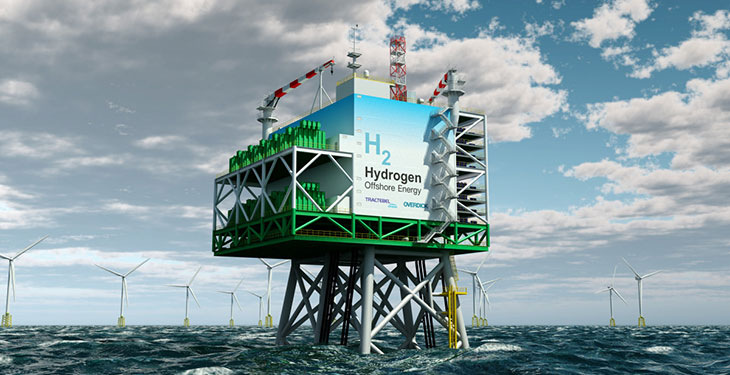Germany’s government has agreed on a national hydrogen strategy with a controversial focus on hydrogen made with renewable energies to boost its landmark energy transition and conquer future markets for its famed industry.
Following months of delays, the highly anticipated strategy, which is set to be approved by the government on 10 June and was seen by the Clean Energy Wire, says “only hydrogen produced on the basis of renewable energies (‘green’ hydrogen) is sustainable in the long term.” Hydrogen made with natural gas using carbon capture and storage (CCS), which is highly controversial in Germany, is only to be used “on a transitional basis.”
In the fight against climate change, hydrogen made with renewable electricity is increasingly seen as a silver bullet for sectors with particularly stubborn emissions, such as heavy industry and aviation. Germany, which has set itself the target of becoming climate neutral by mid-century, has set out to become a global leader in the associated hydrogen technologies – not only to launch the next stages of its landmark energy transition, but also to secure a promising growth market for its internationally reputed industry.
“A strong domestic market [creates] an important signalling effect for the use of hydrogen technologies abroad […] German industry offers excellent conditions to become a driver in the market ramp-up of hydrogen and an international pioneer for hydrogen technologies,” the strategy says.
